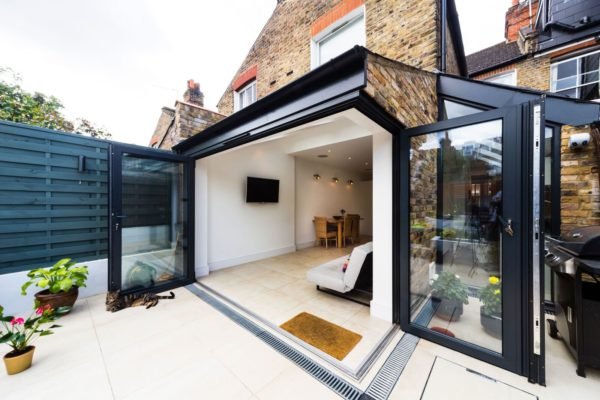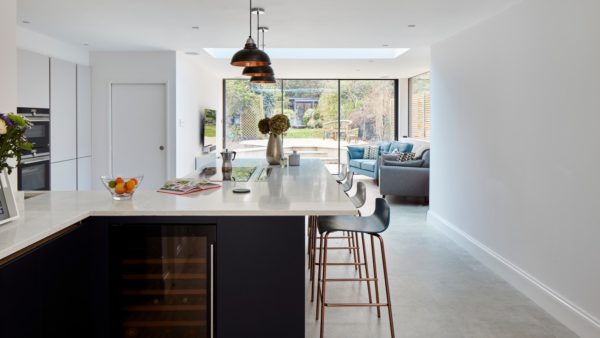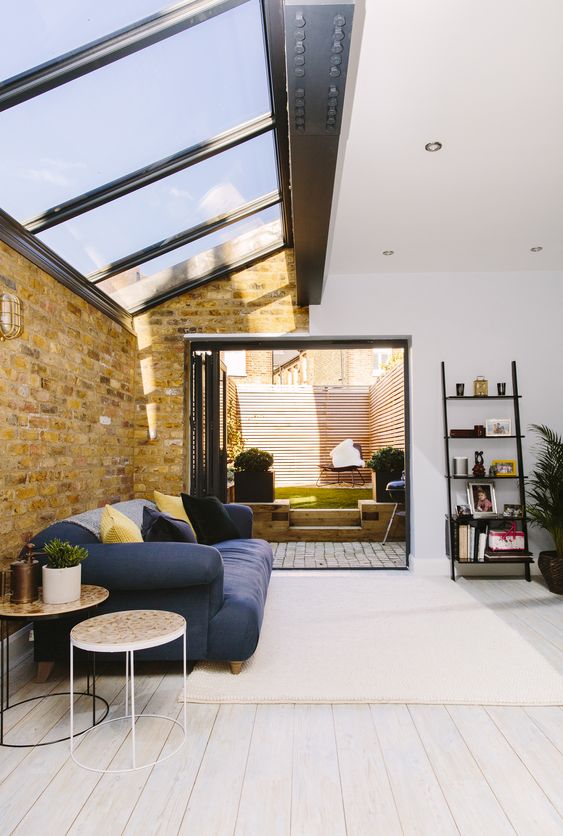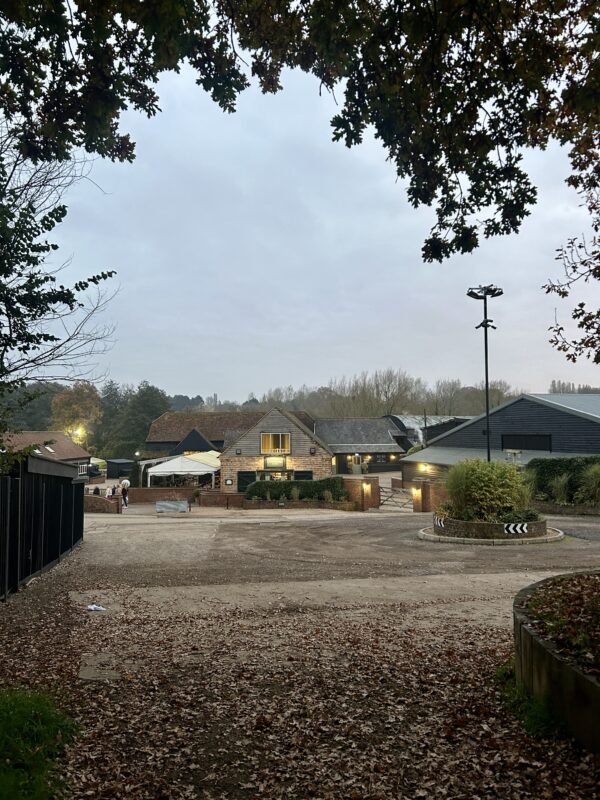
Five Questions to Answer Before Committing to a Home Extension

A home extension can be a great way of adding some much-needed space to your residence, but it can also cost much more than you expected, be it in money, time, mess, or energy. With that in mind, there are a few questions you should answer before you commit to such a big task.
1. How much will an extension cost?
Ahead of starting any project — and especially one as robust as a home extension — being able to ballpark the costs is essential. This depends on a myriad of factors, some in your control (such as the design) and others outside of it (like building regulations in your area).
As a rule of thumb, an extension will set you back between £1,350 to £2,250 per square metre (excluding VAT). Considerations such as your location, the number of storeys you’re going to build, or the shape of the extension will determine which end of the pricing scale your project falls under. If you want to get an estimate, check out one of the many extension cost calculators available online.
It’s also worth asking yourself how much money an extension could save you in the long run. Usually, the trigger for considering an expansion in the first place is because your property is no longer suitable. Many times, the solution is either augmenting your current residence, or moving house. If we’re talking about your forever home, an extension is likely going to be cheaper than buying a bigger property.
If you’re extending to add value and make a property sellable, then you need to make sure that the work doesn’t cost more than the value it adds. It’s also worth considering what buyers are looking for in the area. For instance, a kitchen extension or added bathroom will likely make the property more palatable to buyers.

2. How will you finance the extension?
Now that you have an idea of the costs, it’s time to consider how you’re going to finance the extension. It is recommended that you factor in an extra 15% of the estimated cost for any contingencies, like if the project takes longer than anticipated and requires extra work hours.
Financing options available will differ based on things like your individual circumstances, the sum you need, how much you can afford to pay back each month, and over what period of time. A great option for smaller sums of money is to use your savings and supplement the rest with a credit card. If you do use a credit card, it’s a good idea to look for 0% interest deals and repay the balance before the introductory period ends.
However, if you require a little more financial help than your credit card limit, you might need to consider an interest-based substitute.
A personal loan is a good choice in this case. You could also enquire about a remortgage, or see if your current mortgage lender is willing to further advance you (in other words, give you more money on your existing loan).
Another option is a second charge mortgage. “A second charge mortgage is a type of secured loan that allows homeowners to use the percentage of the property they own outright as collateral to borrow more money,” explain the experts at Loan.co.uk. Unlike a remortgage where you replace an existing mortgage with a new one, a second charge mortgage is entirely separate from your original mortgage. This is a good option if your existing mortgage has very low interest and remortgaging would lead to a higher rate.
3. How much value will the extension add to your home?

It’s impossible to give a one-size-fits-all estimate without knowing a number of factors about your extension, like its type, the location, and the house itself. Different types of expansions will increase your property value by different factors — for example, converting a garage into an additional bedroom could add as much as 20% to the value of your home, while adding a conservatory can add between 5% and 7%. If you want a more accurate estimate, you could check out this calculator.
However, there are certain things you should pay attention to in order to maximise the value of your extension. First of all, research your area. What are buyers looking for in a house and how does it compare to yours? What can you do to best match that desire with your extension? And what can you add that may not exist in other houses on your street? For example, if the area is popular with families, the extra space an additional bedroom or bathroom brings is likely to be more of a selling point than something like a swimming pool. Another factor is the design — you want the appendage to match the rest of your property and not stick out like a sore thumb.
4. Will you need planning permission?
We have some good news and some bad news. Let’s start with the positive — generally, home extensions are considered to be a permitted development, meaning you will not require planning permission. But, before you pop open a bottle of champagne, like always, there are some exceptions to this rule. If in doubt, it’s always best to err on the side of caution.
The HomeOwners Alliance has a helpful guide that lists all of these exceptions, so make sure you read it thoroughly. For example, if your extension is more than half the area around the original house (as it stood on 1 July 1948, or when it was first built if it was constructed after this date), unfortunately, it would require approval from the local council. There are also restrictions around how high any extension can be built, where it is positioned and the materials used to build it.
5. Will you need a lawful development certificate?
Since most extensions are permitted developments, technically, they do not require any legal approval. However, because of the many exclusions, sometimes a technicality can mean the status is contested, which can cost a lot of time and money if you’ve already started working on your extension.
What’s more, even if everything was built with no issues, when you come to sell the property, most buyers will be wary of acquiring a property that can’t prove it was expanded compliantly. For this purpose, a lawful development certificate is needed. It does what it says on the tin — certifies that your property was developed lawfully.
Not having one can become an issue very quickly. If your property is found not to be legally compliant, even by a fraction, it can carry hefty penalties or you could even be required to demolish the work, so getting a certificate in advance can save you a lot of trouble. And, although you could apply for one retrospectively, it’s not only more expensive (in fact, it costs twice as much), planning policies can change.
This may mean that, even if your extension was lawful at the time, it might not be in 15 years when you come to sell the house and find yourself in need of a certificate. You can find more details on how to apply for a lawful development certificate at the official Gov.uk resource here.
Once you’ve answered these five questions and are confident that there are no obstacles, you should be in a strong position to begin your project. Taking the time to do your research ahead of time will help to protect your investment and ensure all your hard work pays off.













































